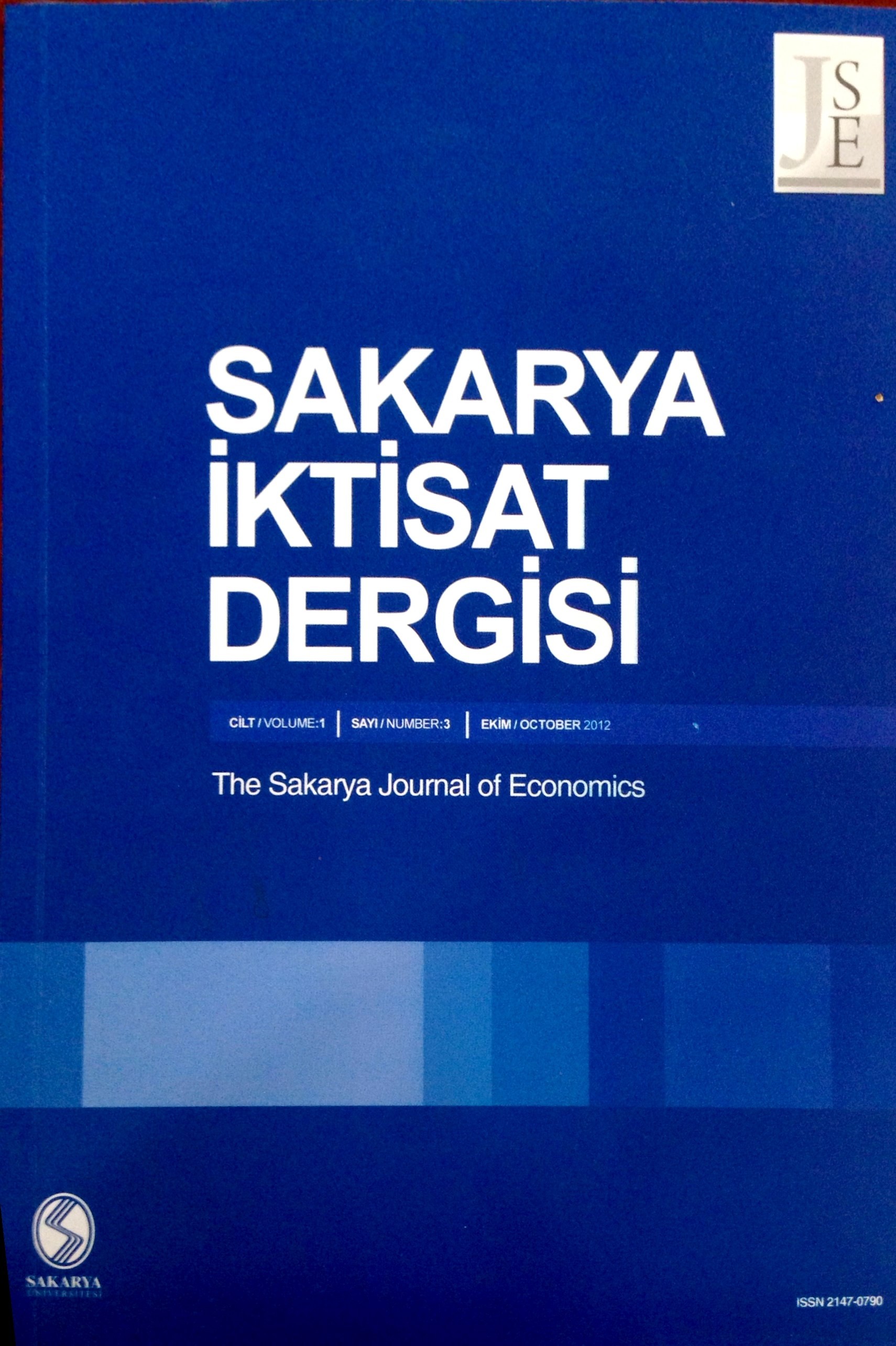IMPACT OF THE “CUSTOMS UNION” ON THE KAZAKHSTAN’S ECONOMIC GROWTH
Most countries have recently resorted to the experience of joint economy in a controlled integration. In the international community, multi-stage integration is important for mutual trade, production, strengthening political and economic ties. In order to elaborate and consolidate trade and economic relations first step is to unify national economy and develop a unified customs tariff policy. For instance, the European Union’s enrichment of a high level of economic and political integration was based on the Customs Union. The post-Soviet union countries as Belarus, Russia and Kazakhstan followed such suit in 2010 and established a customs union to strengthen the mutually beneficial relations with each other in order to attract other Commonwealth of Independent States. Nevertheless, whether to have a customs union with Belarus and Russia has positive effects to the economic growth of Kazakhstan is discussed in this paper. Since, the political interests of the countries are more affected, it has been hypothesized that the Customs Union does not play a big role for the growth of Kazakhstan’s GDP. This paper aims to examine the impact of international agreement the “Customs Union’ on the development of Kazakhstan economy by using economic data of three-side trade. We accept the presumption that the economic growth matters in terms of international collaborations. This study is to explore the impact of the international trade agreement on a state’s economic development. In able to test the main question a data set over the quarterly period of 2003-2009 before and 2010-2013 after creation of the Customs Union and two regression models have been used. In addition, we have added SWOT analysis which has been applied to show advantages and disadvantages of the Customs Union project for Kazakh’s Economy
